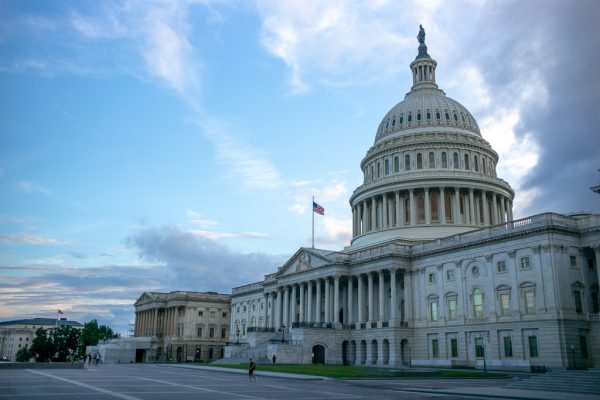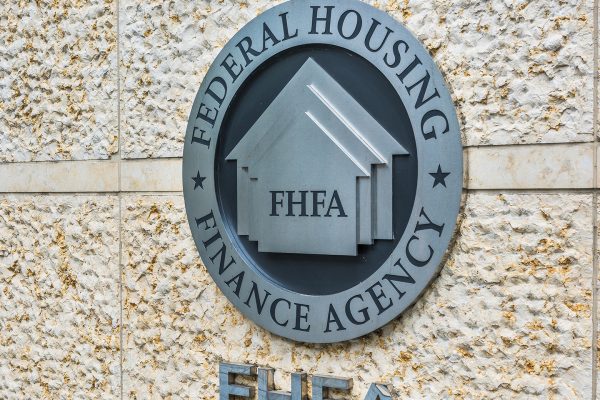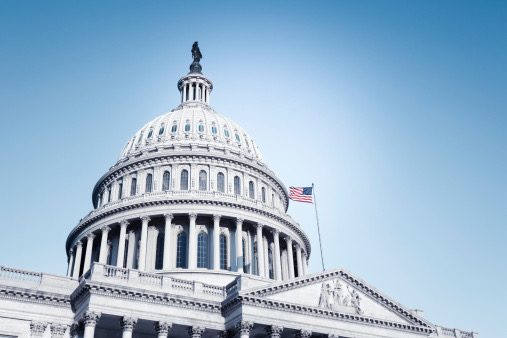New Release: Senate Votes to Nullify DOL Rule that Safeguards Workers’ Retirement Security
Washington, D.C. – The Senate passed a resolution today to nullify a Department of Labor rule that protects workers and their life savings, following on the heels of yesterday’s House vote. President Biden has indicated that he will veto the resolution.









